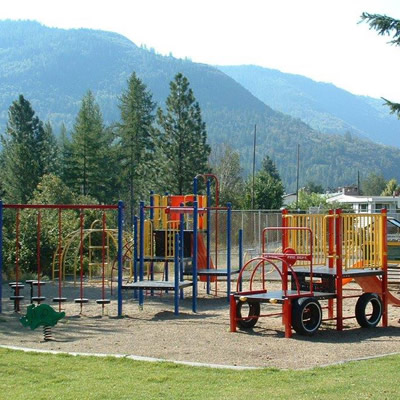Selkirk becomes Canada’s first community college to achieve fair trade campus designation

Selkirk joins the University of British Columbia, Simon Fraser University and the University of Guelph to be among the first Canadian post-secondary institutions to achieve this distinguished designation.
Committed to supporting fair working conditions
The Fair Trade Campus designation means Selkirk is committed to nurturing a campus environment that supports fair working conditions for people across the globe. It also means having a campus environment that is committed to purchasing and promoting fair trade products whenever possible.
Fair trade is about upholding the principles of decency and fairness in the marketplace so that farmers and artisans, the majority of whom live in the southern hemisphere, get a fair deal for the products they sell. “As a consumer, the choice to purchase fair trade products can often translate directly into safe and healthy working conditions, living wages, and a clean environment for people who have historically been amongst the most exploited in the global marketplace,” said Cara-Lee Malange, acting chair of the Mir Centre for Peace and fair trade campus co-ordinator. “It also means that their futures are more secure as they can now afford to educate their children and provide essential healthcare for their families.”
Selkirk faculty and students work together
Selkirk’s designation was the result of the several students and faculty who worked diligently on the project over the last two years. Randy Janzen, former chair of the Mir Centre for Peace, the college’s sustainability committee, and other faculty worked alongside students to make the designation a reality. School of the Environment and Geomatics student, Derrick Statt, and Peace Studies student, Stesha Amos worked on the project as part of their work study programs, and their work was carried on by nursing students Danika Askew and Chris Siebring, who worked on the designation and brought it home as part of their Community Health Practice course.
Some key criteria for the designation include serving fair trade coffee on campus, having at least three fair trade tea options available, having fair trade chocolate options, serving fair trade coffee at any events, meetings or in staff common areas, and having ample signage and posters around all campuses to provide access to information about the fair trade initiative. Selkirk will also have to apply for the designation annually to ensure the standards are upheld.
“Fair trade is often framed as something we can participate in as individuals, but the Fair Trade Campus Program is about emphasizing the role that institutions can play, and the long-term and large-scale impacts that these decisions can have,” said Sean McHugh, executive director at the Canadian Fair Trade Network.
Building on strategic directions
Selkirk College will be participating in Fair Trade Campus Week, September 23-27, 2013. The event is about spreading Fair Trade awareness and showcasing what Canadian post-secondary institutions are doing to support the initiative.
Creating a fair trade campus builds on Selkirk's strategic directions to engage the wider community in learning, removing barriers to access and success and developing innovative programs and services.
For more information on Selkirk’s Fair Trade Campus initiative, please contact Cara-Lee Malange.
Learn more at the Canadian Fair Trade Network and Fairtrade Canada. Visit Selkirk’s Facebook page.





Comments